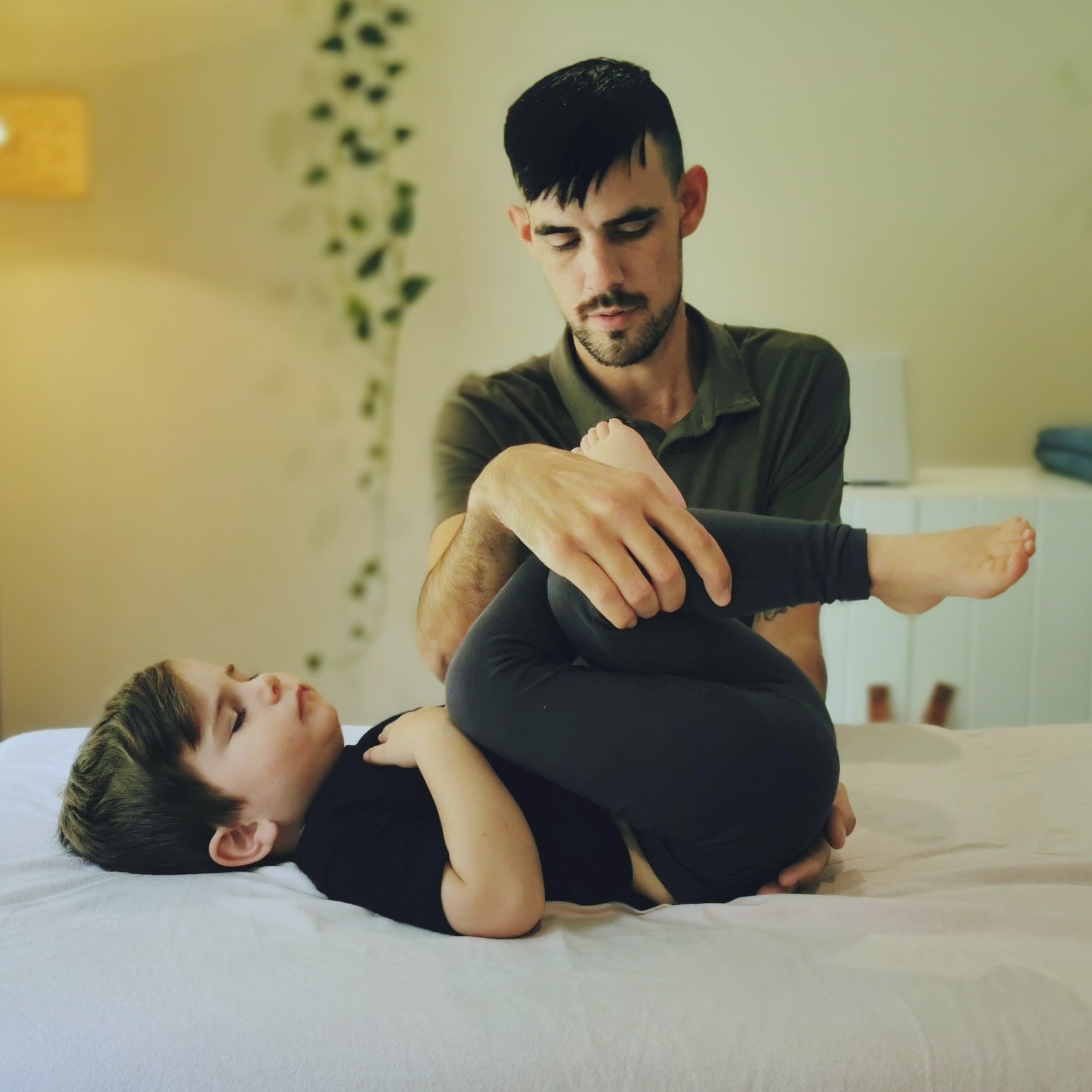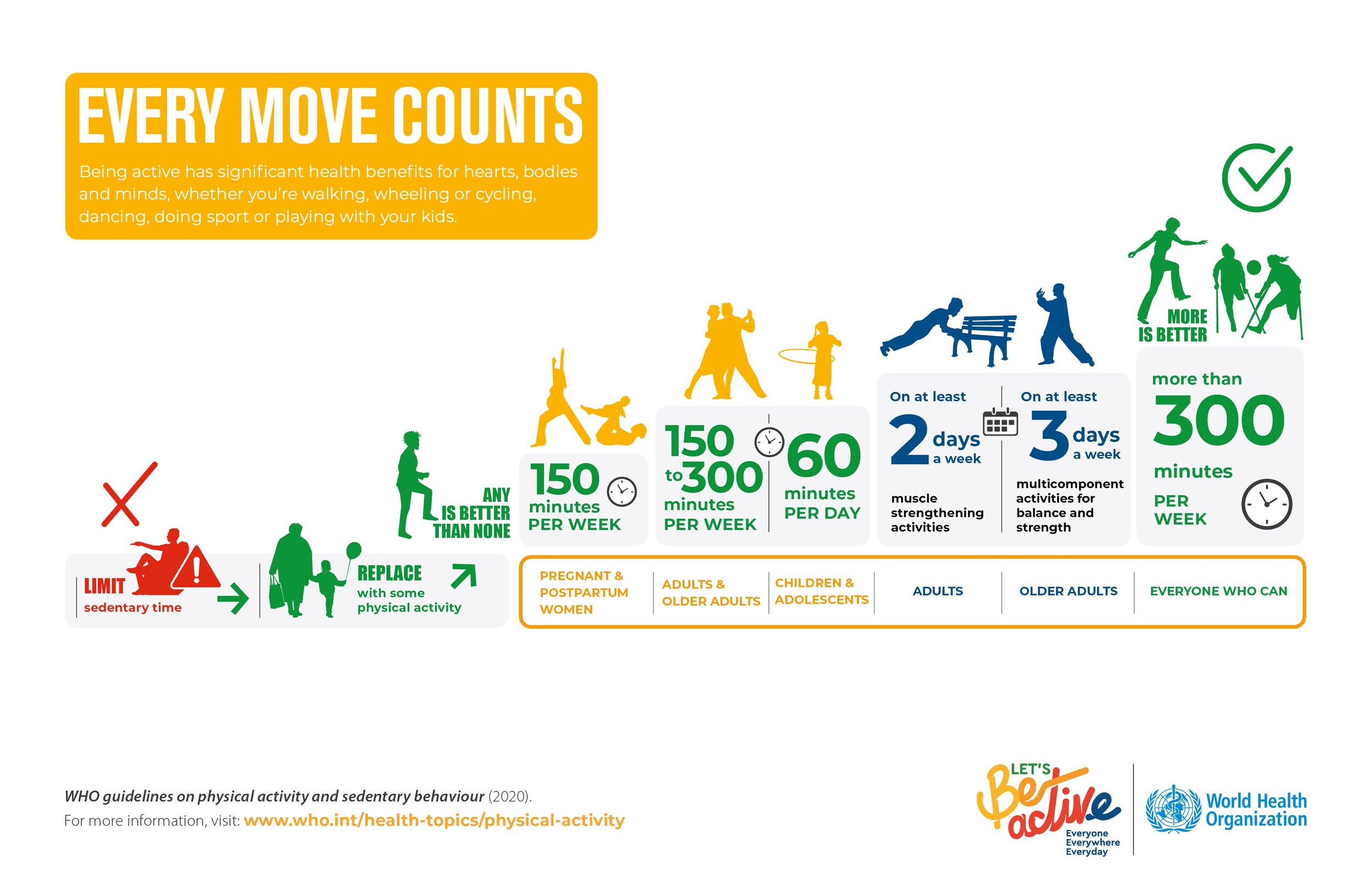Longevity and healthspan are a product of our overall health throughout our life and the number of years we live in good health. Our osteopaths have a holistic approach of preventative healthcare and while injury and illness can befall us at times, much of our well-being comes from our environment and our actions.
Longevity & Healthspan
Longevity Versus Healthspan: Longevity refers to how long we live, regardless of our health across time. Healthspan, on the other hand, considers how many healthy years someone will experience with minimal pain & disability. Ideally, we want to maximize both our healthspan and longevity.
At Morning Osteopathy we can assist in linking other professional support and will formulate a plan based on your needs and goals to determine what are the most significant health aspects to achieve your optimal health long-term. In being proactive with your health we will address issues when they come up and before they become significant barriers to your health.
Six Keys to Optimal Healthspan: While every ‘body’ is different and we are all impacted by various ailments at times, there are themes that are applicable to almost everyone in order to experience a healthy and long life. There are six major factors we can all focus on to maintain our health: daily exercise (strength/resistance training, aerobic exercise and mobility training), not smoking, avoiding alcohol (less than five drinks per week and not more than two on the same day), adequate sleep (7-9hrs with consistent wake and sleep times), appropriate nutrition (consume mainly minimally processed foods, appropriate calorie intake, consume adequate protein), and mental resilience.
Exercise: Exercise may be the single biggest contributor to healthspan. Lack of exercise can promote disease, while plenty of high-quality exercise has exceptional benefits for our health. The recommended guidelines for exercise are a minimum of 150 minutes of moderate exercise, however, this is insufficient for optimal health. Achieving approximately 300 minutes per week of low-intensity aerobic exercise has the greatest benefit for heart health and metabolism. Additionally, 3 to 5 resistance training sessions per week are ideal. This training should be focused on building and maintaining muscle strength, power and coordination. This is especially important as we age as it reduces the risk of sarcopenia (muscle loss) and osteoporosis and osteopenia (bone loss). Mobility is also critical to avoid injury and to continue to move our body pain free.
Smoking and Alcohol: Simply put, avoid it entirely possible. If you smoke, stop, or get help to stop. The damage cigarettes cause to the cells in our lungs, heart and throughout our body are detrimental to our health. Alcohol also has no positive benefits. Aside from the social harms alcohol can cause, it impacts the brain and its ability to arrange thoughts, memories and actions. Even as little as 7 drinks per week has an impact on our long-term brain health, potentially contributing to neurodegneratives diseases. Short-term, alcohol dehydrates tissue, increasing the potential for damage, it reduces the body’s capacity to deal with inflammation, and negatively affects the quality of our sleep.
Sleep: Sleep is very important for brain development and cognitive repair, we consolidate memories and learned events during sleep. Emotional regulation, mental tasks, exercise performance and cellular function and repair are all impacted by our duration and quality of sleep. Chronic poor sleep can lead to increasse risk of many congnitive diseases but can be improved with good sleep hygiene. Wake up and go to sleep at the same time each day and ideally not waking more than once each night. Get plenty of bright light (ideally from the sun) within the first 30-60 minutes of waking, avoid bright light (especially form screens) and high intensity exercise 1-2 hrs prior to sleep time, avoid consuming food 2-4 hrs prior to sleep time, avoid caffeine 6-8 hours prior to sleep time, and sleep in a cool room/bed to improve the quality of sleep.
Nutrition: There is an overabundance of poor-quality food available in our modern world. The food we choose to eat (or not eat) can impact our energy levels, affect illness, change our perception of pain, and alter the function of cells. Fundamentally, consume plenty of plants, aim for minimally processed foods that contain a range of micronutrients, consume adequate protein, avoid added salt, sugar and saturated fats, avoid excess calories, and consume food within a daily 12-hour window during normal activity (including avoiding eating 1-2hrs before sleep time and after waking). There are many diets that can exist in a healthy framework and focusing on positive food or avoiding harmful foods can elevate our nutrition.
Mental Resilience: Mental stability is built on many things, our social connections, mindfulness or spirituality, stress and a range of environmental factors. Meaning from life is greatly impacted but our connection with others. Having adequate strong personal relationships reduces our risk (and the potency) of many mental illnesses. Mindfulness exercises such as breathwork or meditation can dramatically reduce our stress and increase our tolerance for emotional hardship.
Longevity & Healthspan FAQs:
Why should start working on these things now when I could wait until I retire? Many of the illnesses that affect us later in life begin in our 20s 30s and 40s and laying down a foundation of behaviours are important for creating long-term habits.
I feel great now so this won't affect me when I get older. Statistically speaking, a preventable life-shortening and/or capacity-limiting disease or injury will permanently impact almost everyone who isn’t taking specific action to mitigate such events in our modern environment.
But what is osteopathy's role in longevity and healthspan? Health education is fundamental and everybody requires and deserves guidance to reach their goals. Osteopaths are great at managing individuals health. We are also experts in the structure and function of the body, especially as it relates to movement and exercise, a key component of healthspan.
So you're telling me I have to take these steps for the rest of my life? Correct. If you want to be able to run a marathon in your 90s you will likely need to have been highly active between your 20s and 50s.
Does this mean I can't get better now that I am (insert age here)? Any action we take at any stage in our life will have positive benefits into the future. You will be setting yourself up for a better opportunities of wellness overall if you start early, but these changes can still have a positive impact even after an illness has set in.





